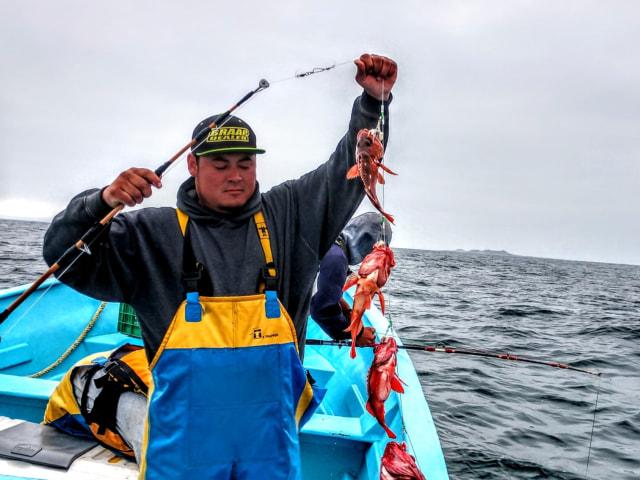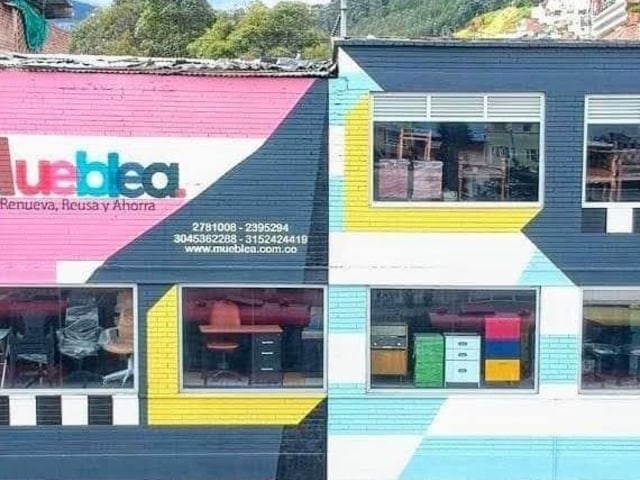IKEA and Impact
Since 2012, IKEA has been collaborating with social businesses with unique offerings and high, measurable social impact. One of the ways to evaluate this is when these companies create work opportunities for those who need it the most – people from marginalised groups and vulnerable areas, who struggle to find decent work opportunities for several social, and geographical reasons.
Over the last ten years, this IKEA Social Entrepreneurship has generated work for more than 30,000 people. Last financial year, close to 50 products made in partnership with social entrepreneurs were sold on 54 markets.
When it comes to Gora Coffee, it is a real FairChain coffee, says Cristiana. FairChain refers to a business model that creates a fairer distribution of returns in the production chain for all those involved – farmers, plantation workers, processing units and others involved at various stages. Gora Coffee has adopted the FairChain concept by roasting, mixing and packaging coffee beans in Ethiopia instead of letting them go to other regions like the U.S. and Western Europe, which is a common practice. This business model helps retain the value of "value-added activities" in Ethiopia and helps make farms profitable and better wages for the farmers.
"With Gora Coffee, we can tell who the farmers are that are making our coffee. Its focus on creating social impact sits in the prices it offers to the farmers. Gora Coffee pays more than the market by 20 per cent or so, depending on their agreement with the farmer, by removing middlemen and having efficient production closer to the farmer," says Cristiana. The farmers are aware of the prices fixed by the government through the Ethiopian Commodity Exchange, which shares daily communication on radio, TV, Internet, among others.
IKEA – with social entrepreneurs; for social entrepreneurship
IKEA is on a mission to create a better everyday life for people all over the world. The aim is to have a positive impact on people and the planet wherever the brand is present, and in all the ways of doing business.
The IKEA Social Entrepreneurship initiative is no different. With this initiative, IKEA works with pioneers who use their business as a way to put people first, along with equal rights and community engagement.
Ethiopia has a population of about 110 million people, and 1 out of 5 livelihoods depend on coffee, which means 25-30 million people's livelihoods rely on coffee farming. Gora Coffee makes a positive livelihood impact by paying the farmers 20 per cent higher than the conventional market.
But how is that achieved? Gora Coffee has fewer middle players, say 2-3, whereas the conventional business model has eight layers. Gora also focuses on sustainability and better care for the environment.
It supports its farmers through different training programs to safeguard the quality of the coffee. In simple words, Gora Coffee helps its farmers get a good yield by making sure the beans are shade-grown, that the soil gets proper nutrients, and pollution-free water is used.
"If the quality goes up, we can charge a bit more, and then we can pay our farmers more, too," says Ahadu Woubshet, founder and CEO of Gora Coffee by Moyee Ethiopia.
Gora Coffee works closely with its farmers, and currently, it sources directly from 1,800 small holder farmers. It plans to grow to 3,000 farmers by 2025, impacting 6,000 more people in the community.
As a result of this collaboration with IKEA, over 500 small scale certified farm holders will gain livelihood opportunities in the first year alone (2022). The impact and opportunities will further go up in future.
Besides transparent pricing, the company offers jobs to those who need them most. 48 per cent of their employees are women, who typically have no access to job opportunities or get poor monetary compensation due to gender discrimination.
"I believe if you give a person a fish, you feed him for a day, but if you teach him to fish, you feed him for a lifetime. We want to help people be in a position where they can generate a decent livelihood for themselves. It makes all the difference in their life. They feel empowered; I think that is important," says Cristiana.
Cristiana says Gora's commitment to creating economic fairness in the coffee industry is also in line with the IKEA ambition to bring a positive change in the lives of the many – both customers and those working with IKEA directly or indirectly. "I struggled knowing that I am paying good money for a cup of coffee – while the people and country where the product originated from weren't getting paid properly. With our initiatives, we can leave about 400 per cent more money in our country," says Ahadu.
A bar of chocolate for all reasons and seasons





